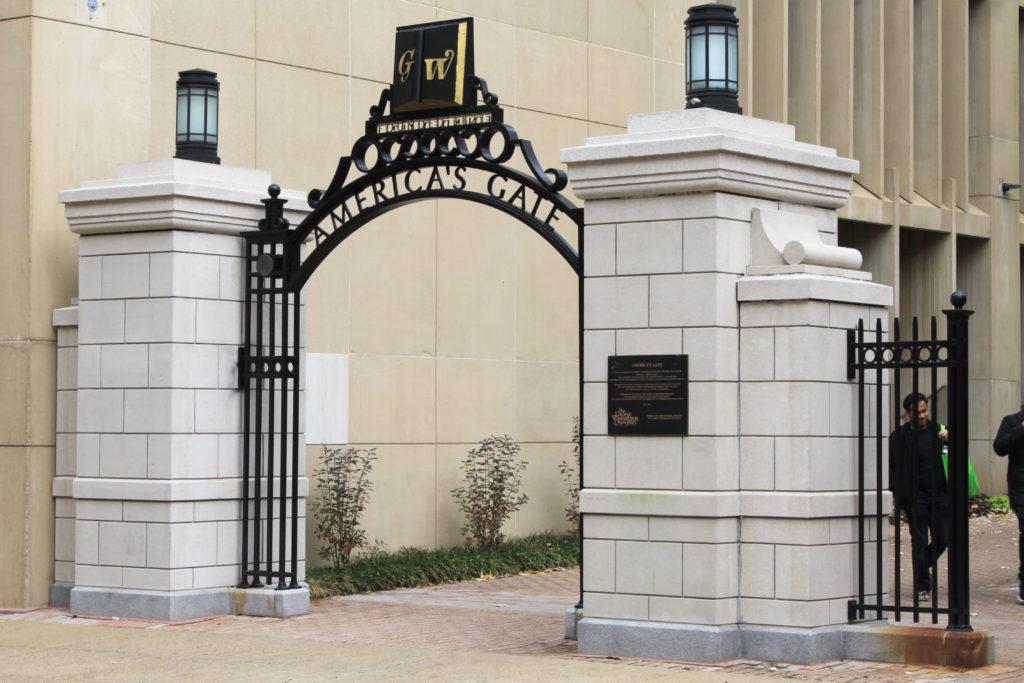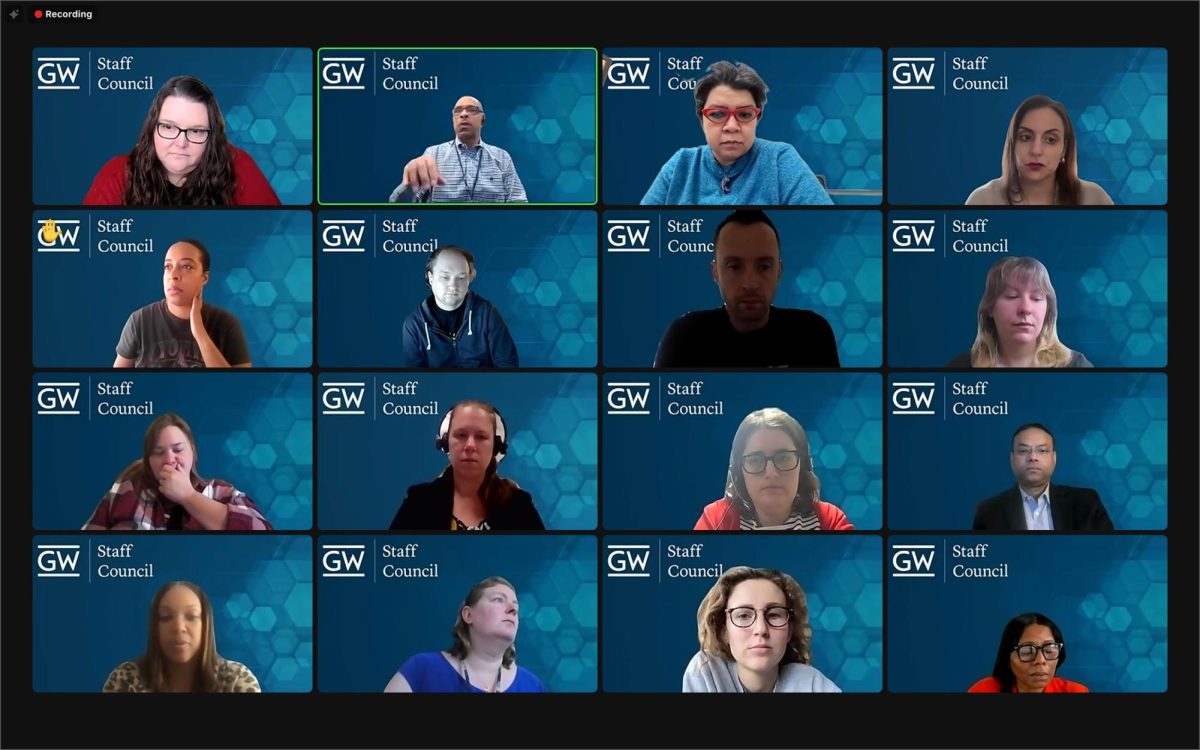Officials have distributed nearly $10 million in student emergency aid in the past three months, exhausting two funds created to assist students during the COVID-19 pandemic.
University spokeswoman Maralee Csellar said the GW Cares Student Assistance Fund, which officials announced in March, has raised almost $350,000 from donations since it began. Officials received applications from more than 1,700 students as of June 1 and distributed grants between $100 and $2,000 to 780 applicants, she said.
“The University has been raising funds through donor cultivation and will continue to solicit donations as we anticipate that students will be in need of support this summer and into the fall,” Csellar said in an email. “As more funds become available, the fund committee will continue to evaluate applications and provide monetary assistance to those students who are in most need right away.”
She said fewer than 50 students – about 3 percent of applications – were denied an award because they were not deemed to meet the fund’s criteria.
Csellar said 33 percent of applicants requested assistance for emergency housing costs, 25 percent requested for access to food and 20 percent requested for emergency transportation. Other awards assisted students with emergency medical expenses, lost income and technology expenses, she said.
Beyond the donor-supported emergency fund, officials announced late last month they would accept $9.1 million from the federal government allocated to GW through the CARES Act.
The legislation, which was signed into law in March, stipulated that GW could use up to 50 percent of its funds for institutional costs related to the pandemic, but officials decided to distribute all of the funds directly to students based on their financial need.
Students who demonstrated the highest level of financial need, based on their expected family contribution, were automatically deemed eligible for a one-time grant of $1,868, Provost Brian Blake said in May.
Although those students are automatically eligible, Csellar said they have the option to decline the grant, and the grant will be forfeited if officials do not hear from a student by June 26. About 4,300 students out of more than 4,600 students who were offered the grant have already accepted the funds, Csellar said.
Csellar said officials allocated the remaining funding to remaining students with a verified Free Application for Federal Student Aid through an online application on a first-come, first-serve basis starting earlier this month. She said eligible students were notified through email in advance of the application’s launch date.
Csellar said applications surpassed the roughly 900 available grants, a one-time payment of $500, in “a matter of minutes.” Officials created a waitlist if accepted students decline a grant and will notify students on the waitlist by July 15 if they will be able to receive a grant, she added.
“We expected demand to exceed availability and notified students that we anticipated that capacity would be reached quickly,” she said.
Csellar said officials are continuing to find new ways to support students financially during the COVID-19 pandemic.
“We realize that the disruption of campus activities during the spring 2020 semester as both GW and the nation responded to slow the spread of the COVID-19 virus brought upon some unexpected and unplanned expenses for many of our students,” Csellar said. “In addition, students’ families have also been impacted from lost jobs and wages, changes to living situations and more. We will continue to explore ways to reduce financial hardships for our students.”







